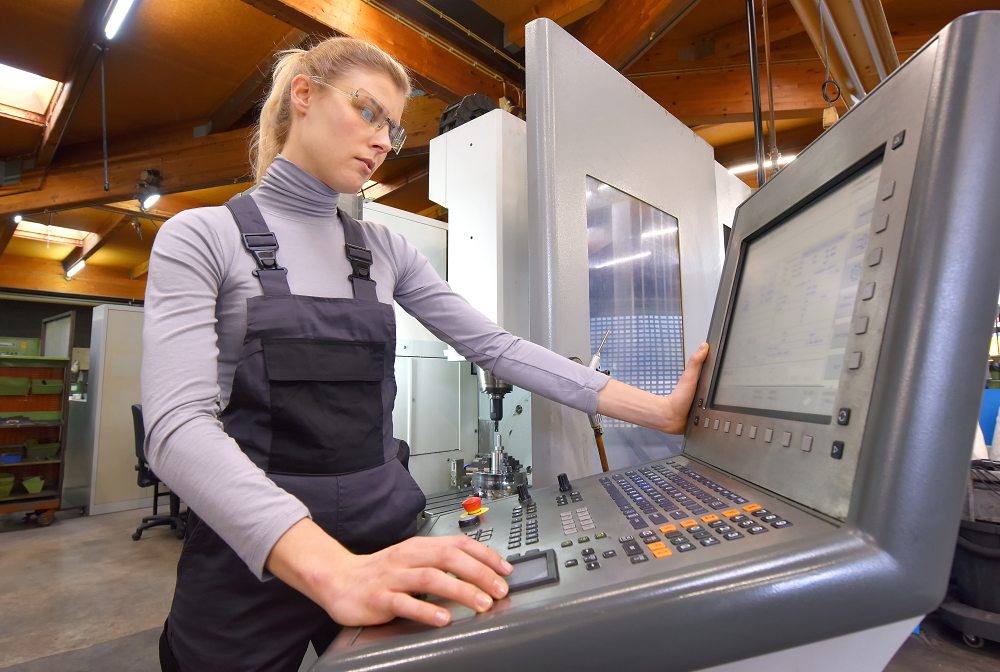
The metalworking industry exposes workers to unique dangers not always found in carpentry or other manufacturing sectors. In addition to having heavier and sharper workpieces, working in a machine shop can expose workers to metalworking fluids and industrial chemicals.
Ensuring worker safety in any metalworking operation requires special care and consideration, including a commitment from both the shop floor and the management team. How can each team member optimize operations to protect worker safety and health? Read on to learn about each stakeholder’s responsibilities and some strategies to uphold them.
Executives and managers may not be directly involved on the shop floor, but their business decisions, management style, and funding allocation can have a major impact on worker safety. Here’s how company leadership can ensure worker safety:
Company leaders need to create a workplace culture where safety is a priority. Executives can lead by example with a firm commitment to safety as a core value of the company. Their attitudes, policies, and talking points can raise awareness among all employees and keep worker safety at the top of every agenda.
Shop employees can be in contact or near metalworking fluid for over eight hours a day; it’s important to make sure the fluids they use have worker safety in mind, especially given the risk of dermal, eye, and respiratory exposure. The latest generations of metalworking fluids, particularly those created by Master Fluid Solutions, are optimized to improve the working environment when properly maintained.
When leadership prioritizes safe working conditions as a company value, it helps foster open communication between employees and management about potential issues. Leaders should invite workers to identify and report safety issues early to prevent accidents. Having clear channels of communication and a systematic response to those issues engages employees and encourages them to actively participate in safety initiatives.
Employees on the shop floor play a direct role in worker safety as well. Here’s how frontline workers can reduce risk of injury in the workplace:
Regular training equips employees with the knowledge and skills needed to identify hazards, use machinery safely, and respond effectively in the event of an emergency. It also ensures frontline workers are up to date with the latest safety protocols and industry best practices, enhancing their ability to keep themselves and their coworkers safe.
Proper protective equipment as recommended by the metalworking fluid manufacturer is critical for safeguarding metalworking employees from the various hazards in their environment. Mist collectors may also help with exposure to metalworking fluid mist that vaporizes during operation. It’s also important for employees to keep the shop floor properly ventilated to mitigate exposure to poor air quality.
Though the newest generations of cutting fluid are easier to maintain and offer longer sump life, if fungi or bacteria are allowed to grow in the sump, they can cause machine and odor issues and also negatively impact coolant health. Proper coolant management, including concentration control, tramp oil removal, and routine sump cleanings, is critical to keeping fluids performing optimally.
Master Fluid Solutions is the developer of TRIM™ cutting fluids, one of the most advanced lines of metalworking fluids in the market. Our research and development team considers the safety of formulations from the start of every new project, optimizing each product both for the operation it’s intended for and the health and well-being of the frontline workers using it. Read how one customer eliminated odor and rust in their facility.
Want to experience the difference with TRIM cutting fluids? Schedule a free trial at your shop today.